the traitor
An interview with filmmaker Marco Bellocchio
Words Sean Stillmaker
“First, they’ll try to kill me; then it’ll be your turn. They’ll keep trying until they succeed.” These are the chilling true words that mafioso-turned-informant Tommaso Buscetta gives to judge Giovanni Falcone after their business had concluded.
Much of the insight we have today on how the mafia operates and its hierarchical organization stems from Buscetta and his testimony during the Maxi Trial in Sicily that began in 1986. Leading up to the trial, Sicily was plunged into a two-year mafia war, commonly known as “The Slaughter” where hundreds of mafiosos were killed. Instrumental to securing convictions was the ground breaking insider knowledge Buscetta gave to Falcone who persuaded him to break his omerta, or code of silence.
Exploring these events and examining the character of Buscetta comprise Italian maestro Marco Bellocchio’s film The Traitor. Over an espresso and speaking through his Italian translator, we talked with Bellocchio on his journey bringing this story to life.
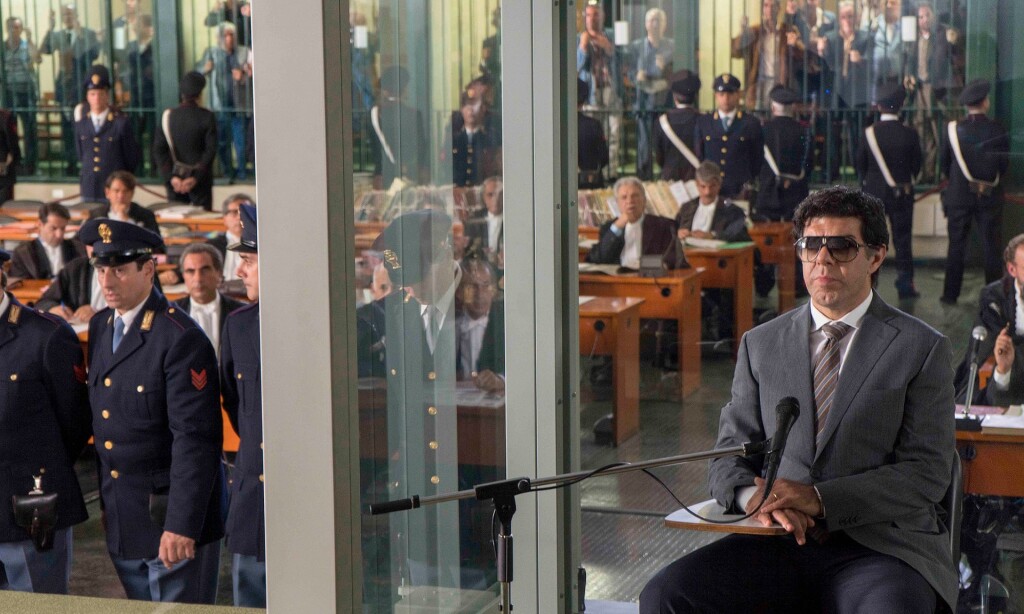
What led you to making this film?
So living as a private citizen at the time, Buscetta had a lot of impact — obviously with living through that situation, and Buscetta was one of the first ones to collaborate with a judge, who was a name judge at the time. When a producer brought the idea to [me] of doing a film centered on Buscetta, that had never been done before. There are a couple of other films like Il Divo by Paolo Sorrentino where Buscetta is a secondary character who makes an appearance, but nobody had actually centered an entire film on this character.
So at that point beyond the personal recollection, there was a lot of research that had to be done — diligence and research, very much like how you would go back to do historical research, and that of course went very much in parallel with refreshing the memories of the contemporaries. [I] underwent a lot of research. [I] read books, met the magistrate and people who knew him, and bit by bit [I] fell in love with the arch of the character.
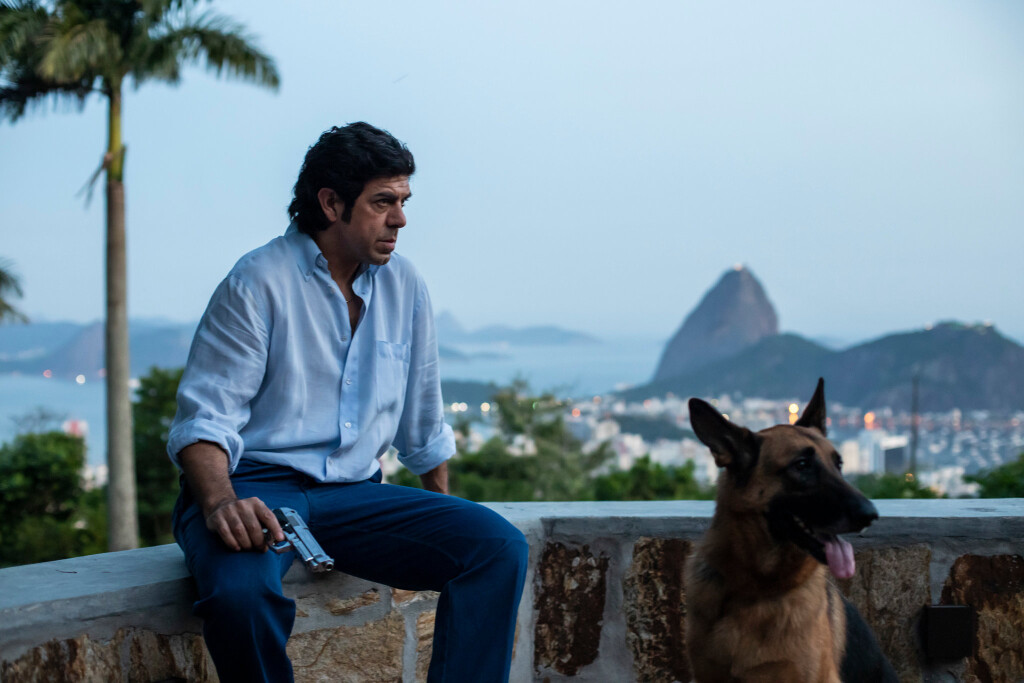
It’s not a typical mafia film; it’s about psychology and you sort of reverse what is happening. We get into the minds of the characters and for Buscetta, his logic, somehow, he didn’t feel like a traitor, but for him it was the mafia who was the traitor of its being. What are your thoughts on this?
[I] totally agree with you that it’s not the typical mafia film, and yes at the core of it there is this psychological arch of the journey of the character. Buscetta himself would maybe have not used this term, he would not have internalized this line of thought, but it was, as you said, it was the other people who made those mistakes. He knew that by collaborating with the state not only would he alienate himself towards his enemies and people of the other families, but also alienate from his very roots, because in Sicilian societies it is not even conceivable that you would collaborate in that way. So it’s the journey of being a reticent at first, but then having to face them in this particular moment in time.
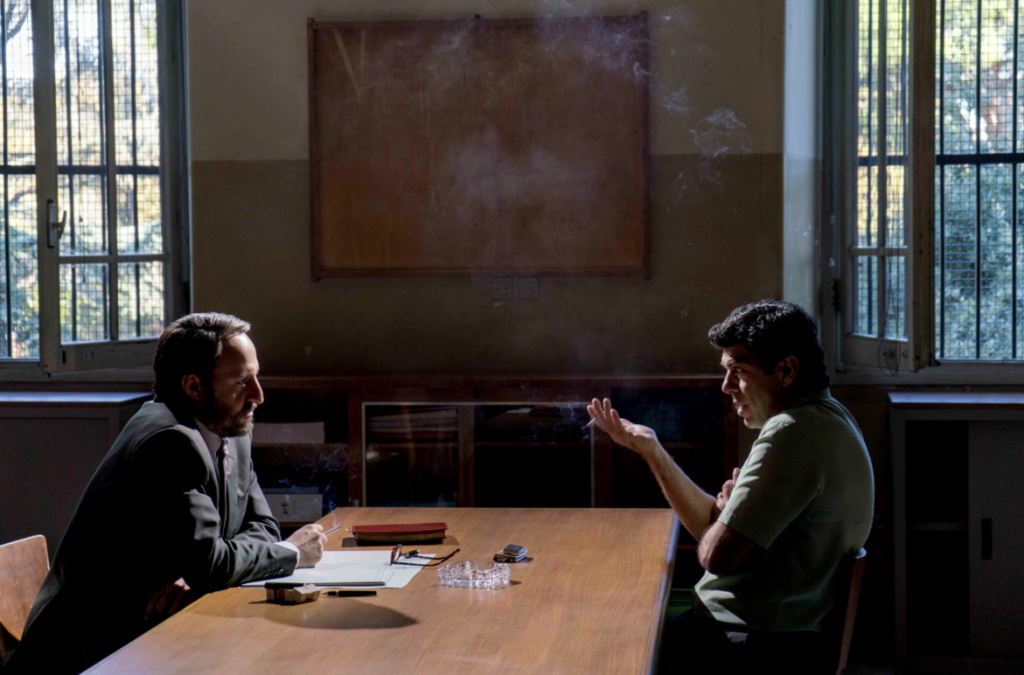
What was the impact of the trial?
There was that arrogant feeling from the apart of mafia bosses beforehand that they were untouchable; their power was supreme. But the trial actually signaled from the part of the state, that the state was important and that it could actually impose order. So that sense of invincibility was cracked. It also signaled the end of that particularly very bloody, cruel mafia. There is another mafia but it doesn’t have those publicly violent characteristics.
With the events we see in the film, what it the thought process between fact and dramatization?
Once you see it on screen, it is told in a cinematic way. The challenge was that in two and a half hours you see 20 years compressed. So the challenge was also to anchor the narrative arch through certain events that would exemplify how the story progressed. So for instance in the case of the trial, the trial lasted for a year but we chose certain moments and certain episodes that would really illustrate and synthesize the essence of what happened.
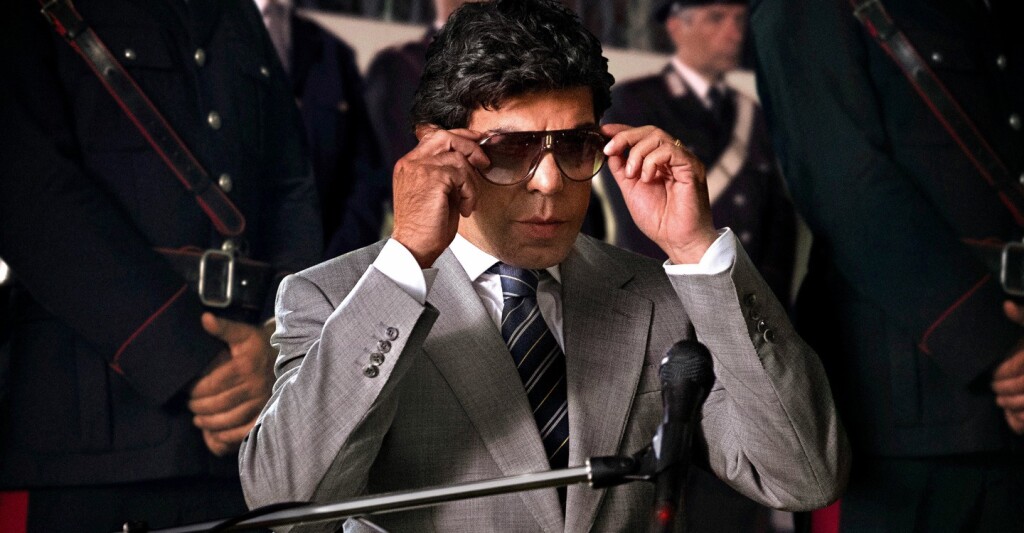
With Buscetta as the protagonist of the film, how difficult was it balancing between empathy and sympathy of a murdering mafioso?
[I] did not identify in any shape or form with Buscetta. [I] was able to place him exactly in the type of character that he was without mythologizing of this character. We know that Buscetta committed violent crimes in his youth; he used to traffic drugs. The lynchpin of the story when he decides to collaborate, and he doesn’t do it for heroic reasons or because he saw the wrongs of his ways, but it was for self-preservation and the preservation of the family that he had left. But what he does then, he gives Falcone totally true information, and he actually says things that were not known at all before because mafia crimes were known, but the structure was not known at all. So the stratification of the hierarchy, it was something that Falcone did not know before.
This interview has been edited and condensed with quotes translated.
Related Reading





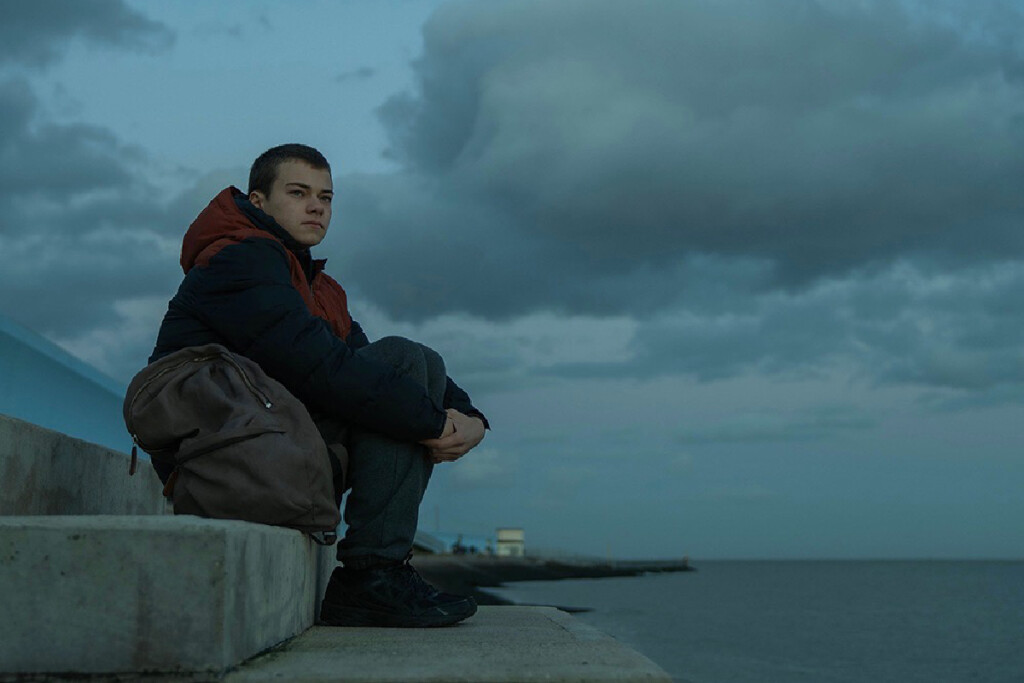
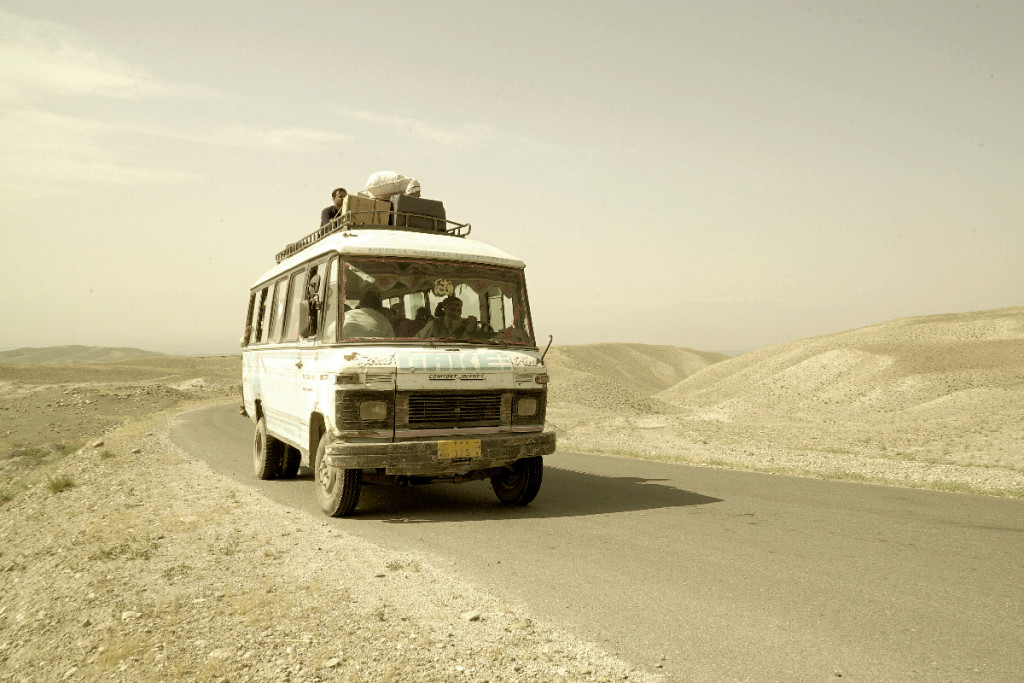
 @majesticdisorder
@majesticdisorder